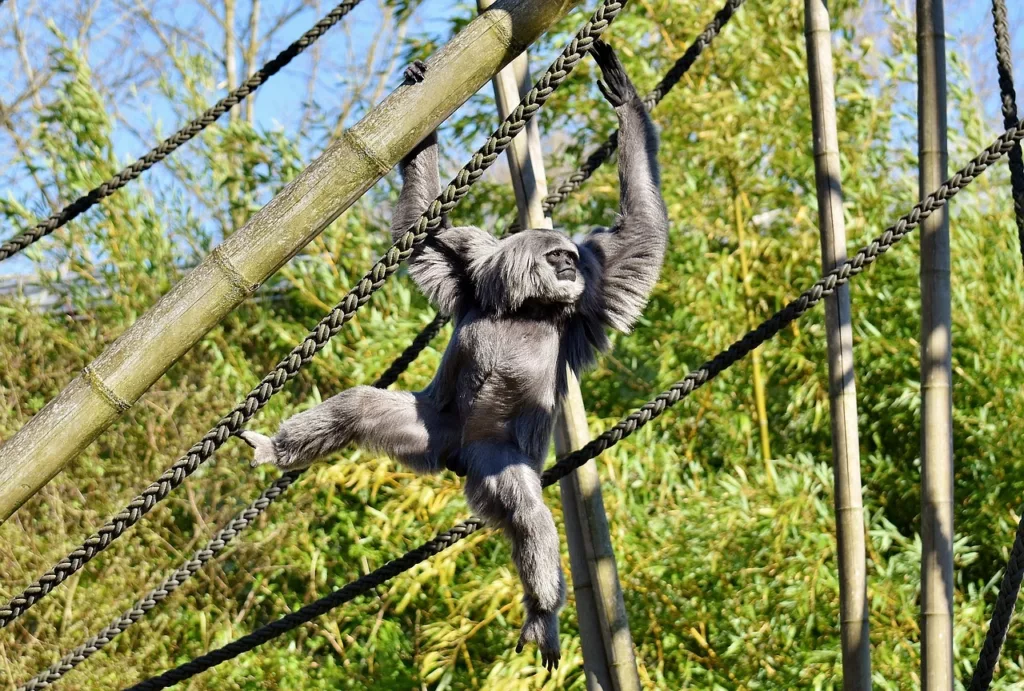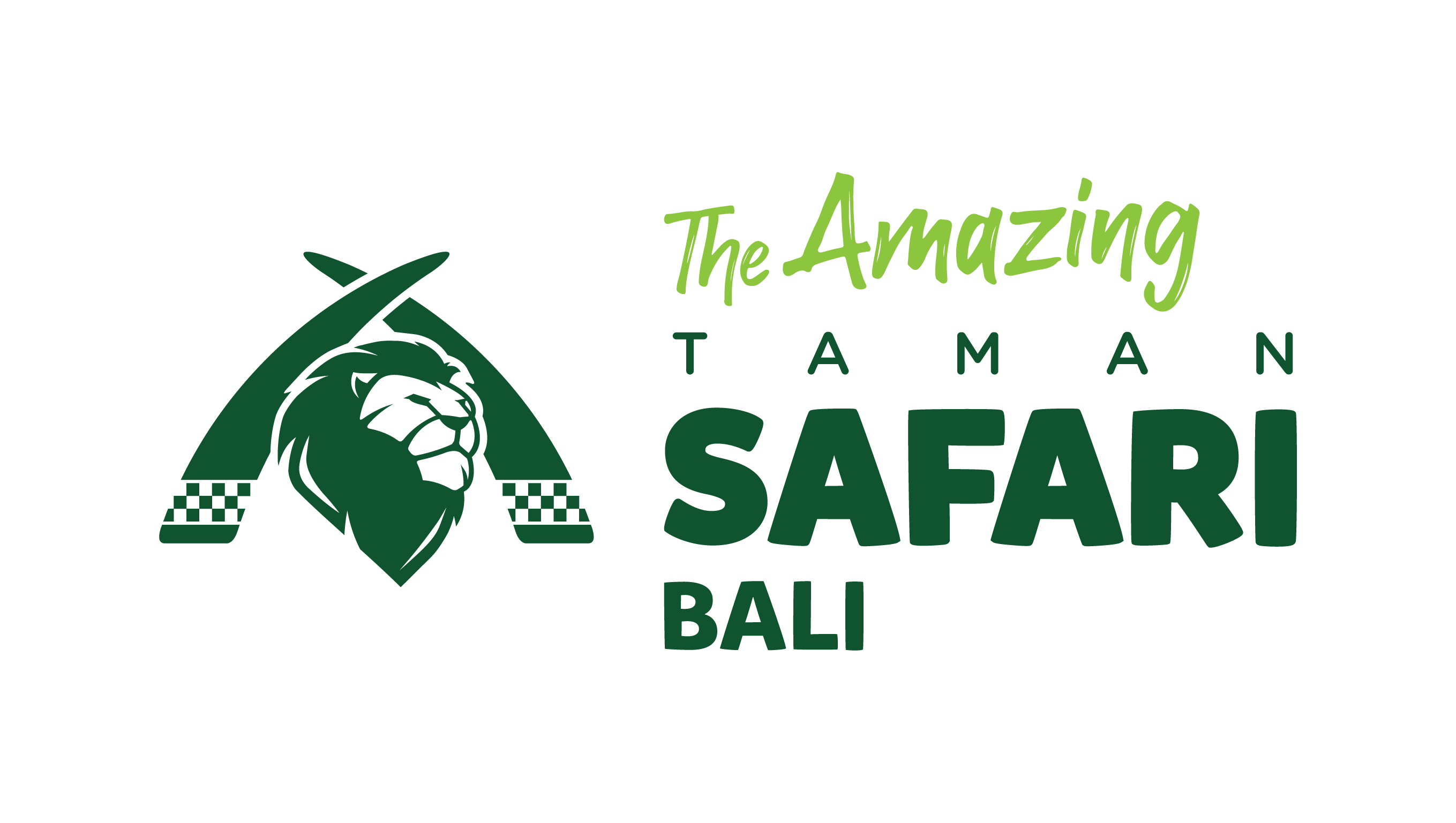Owa, also known as the Javan Gibbon (Hylobates moloch), is one of the primate species found on the island of Java, Indonesia. This primate is renowned for its adorable behavior and appearance. However, like many other species, the Javan Gibbon faces serious threats to its survival in the wild. In this article, we will explore the life of the Javan Gibbon, its characteristics, the threats it faces, and the efforts made to protect this endangered species.
Get to Know the Javan Gibbon!
The Javan Gibbon is a medium-sized animal with a slender body and a long tail. They have thick and glossy fur, ranging from reddish-brown to deep black. Gibbons have long arms and legs, enabling them to swing gracefully between tree branches. They can also stand upright on branches, aided by their elongated toe digits.
Characteristics of the Javan Gibbon
Javan Gibbons primarily inhabit lowland and mountainous tropical forests in Java. They live in small groups consisting of adult pairs and their offspring. These groups have their own territories, which they explore by leaping through the dense canopy. They are highly active arboreal primates and rarely descend to the ground.

The Javan Gibbon’s diet is primarily fruit-based, but they also consume leaves, shoots, insects, and nectar. Like other primates, they have sharp teeth adapted for chewing plant-based foods. They have distinctive vocalizations used for communication within their groups.
Threats Faced
Despite the Javan Gibbon’s complex social life and adaptability, they encounter various serious threats to their survival. One of the main threats is the loss of their habitat due to deforestation and forest encroachment. Land clearing for agriculture, human infrastructure expansion, and the illegal trade of wild animals are also significant factors contributing to the decline in the gibbon population.
Furthermore, illegal trade of Javan Gibbons as pets is detrimental to the species. The Javan Gibbon is internationally protected and listed as endangered on the IUCN Red List. Necessary measures to protect the gibbon include strict law enforcement against illegal trade, habitat rehabilitation and preservation efforts, and public education on the importance of conserving this endangered species.
Rose, the Javan Gibbon at Bali Safari
On May 22, 2018, Rose, a Javan Gibbon, was entrusted to Bali Safari. She was rescued from an attempt at illegal trafficking and trading of rare wildlife. At the time, Rose was only 3 months old and in a weakened condition. After being saved, Rose was placed under the care of Bali Safari to facilitate her recovery. The experienced veterinary team provided excellent healthcare, and keepers showed her love and maximum care. In July, Rose finally had a beautiful home to call her own. Now, she looks very happy and displays her natural behavior.
The Javan Gibbon is an endemic species to Java and is endangered due to the rampant illegal wildlife trade. Currently, there are approximately 4000-4500 Javan Gibbons in the wild. Real action is needed to combat illegal wildlife trade and save this species from extinction.
Bali Safari offers a natural habitat concept for Rose, allowing her to feel comfortable as if in her natural environment. Bali Safari also provides great attention and care for Rose, ensuring she lives a healthier life and overcomes her past trauma. Bali Safari is not just a zoo but a conservation and protection center for Rose and other wildlife.






